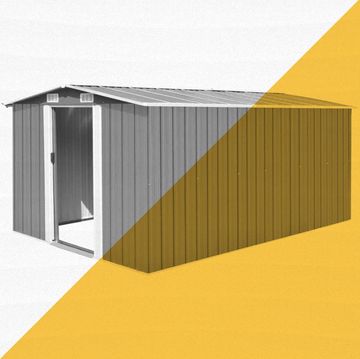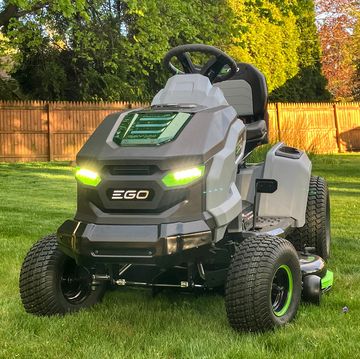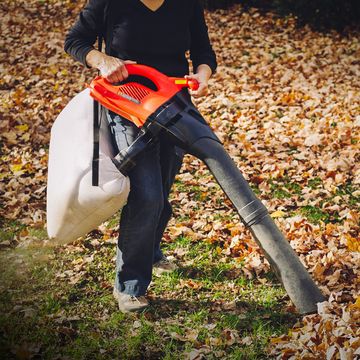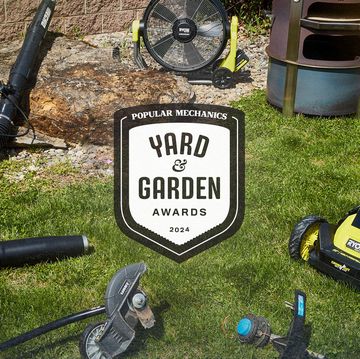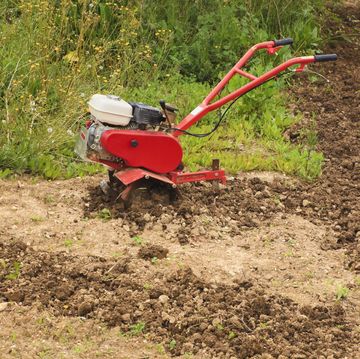The health benefits of chocolate are clear: It can lower the risk of heart disease and can decrease bad cholesterol. But many gardeners don't realize that chocolate husks, along with a few other waste products from the kitchen, are also good for the garden.
Chocolate Husks
Zach Pickens, farm manager at Riverpark Farm, a New York City restaurant with an accompanying on-site farm, swears that chocolate has helped his tomatoes thrive. He partners with Mast Brothers, a local chocolatier that provides him with cacao husks left over from production that Pickens uses as mulch.
"[The husks] not only help insulate the soil and protect the roots, but they also provide phosphorus for structural stability and nitrogen for green growth," Pickens says. "It smells delicious to boot." Just remember not to spread chocolate on the garden if you have a dog.
Banana Peels
Aphids treat gardens like all-you-can-eat salad bars. But they can't stand banana peels. Chop up a few peels, bury them an inch or two in the soil, and say goodbye to those pests for good. Don't use whole banana peels unless you want rodents, such as squirrels and raccoons, digging in the soil.
Eggshells
Crush eggshells into small pieces and sprinkle them on top of the soil. Slugs, cutworms, and other insects are put off by the crunch when they crawl over the sharp edges and will leave for softer pastures. You can also toss the crushed shells into your compost heap. They break down quickly and give your plants a much-needed dose of calcium, which can help with bottom-end rot, a calcium deficiency found in some plants.
Coffee Grounds
Give your garden a wake-up call by using leftover coffee grounds. Allow the grounds to cool before placing them sparingly onto the garden. Then blend them thoroughly into the soil. The grounds' contents, which include phosphorous, potassium, and magnesium, will help improve the soil's structure. You can also add coffee grounds to your compost pile. However, because coffee grounds can raise the soil's acidity level, limit their use to plants that like high acidity, such as azaleas and hydrangeas.
Nut Shells
The shells from peanuts and pistachios are a good addition to your compost heap because they don't break down as quickly as other items. These larger pieces can help vary the thickness of the compost, which will aid in soil aeration. Wash them thoroughly to rid them of salt, which can kill plants. A warning: Avoid using walnuts as they contain juglone, a compound that is toxic to plants.



